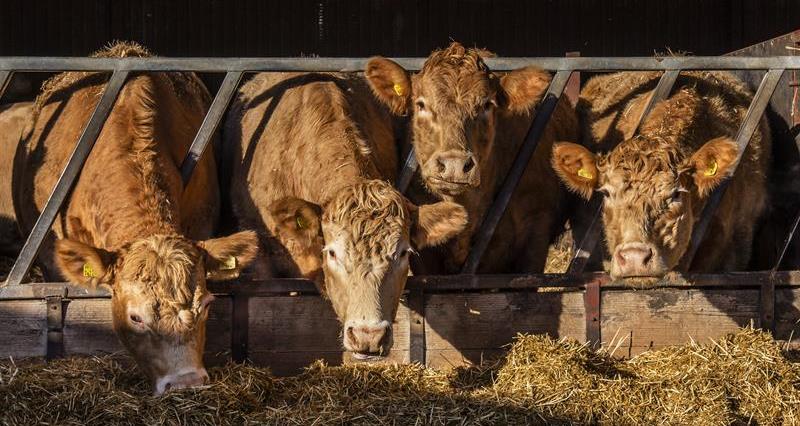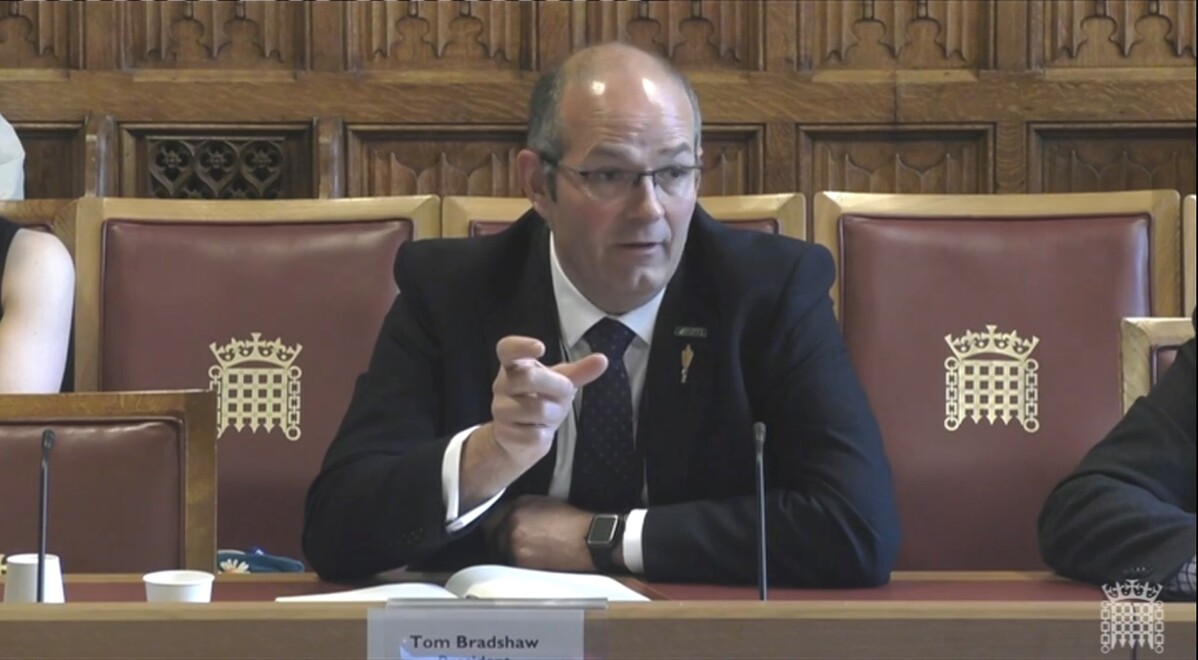The Environment and Climate Change Committee has published its report, ‘Methane: keeping up momentum’, which says the UK must keep up momentum on cutting methane emissions at home and demonstrate international leadership.
Notable recommendations include:
- The UK Government should consult with representative bodies, individual farmers and regulators to ensure clear and consistent expectations are set and accompanying guidance provided.
- Methane mitigation must be considered in the context of other priorities, including sustainable farming, food security, biodiversity, and ongoing higher food costs.
- The UK Government must lead an open and honest conversation with the sector and supermarkets about how these costs will be distributed to reduce emissions whilst not burdening farmers or consumers unfairly.
- The government should consider whether and how ELMS could be used as an effective policy tool to incentivise methane mitigation.
- Enhanced monitoring and verification of emissions at smaller scales not only improves the quality and accuracy of data for the UK’s National Inventory Report but also makes it possible to reward and encourage good practice in mitigating emissions by individual businesses or individuals.
- The government should build on its work to improve the accuracy and reliability of agricultural emissions calculators for use on individual farms, in line with our recommendations regarding metrics in chapter 3.
- The government could consider whether there is a case for setting separate methane emissions targets for different sectors, and whether regulation could support this policy.
Responding to the report, NFU President Tom Bradshaw said: “We echo many of the House of Lords’ recommendations in its methane report as a way of investing in the agricultural industry and making sure we follow science and evidence-based policy to further mitigate any impact.
“British farmers are world leaders in producing climate-friendly food and want to do more, but we cannot do it alone.
“British farmers are being asked to do more with less and many are concerned about their future. It is vital that we see a clear policy direction from government to support farm businesses to reduce emissions through productivity improvements and technology advancements, such as a fit for purpose Livestock Information programme.
“Additionally, consumer engagement is essential for driving sustainable supply chains and enabling informed decision-making.”
NFU response
The NFU welcomed the opportunity to respond to this call for evidence on methane.
Our aspiration is for British farmers to produce the most climate-friendly food in the world through improving productivity, using land, hedgerows, and trees to take up and store carbon, and boosting renewable energy output.
We know that there is no single answer to the climate change challenge facing us all.
The NFU said that for successful implementation of climate action in livestock management, the benefits and co-benefits, including socio-economic and food security dimensions, must be considered holistically.
In the response, the NFU called upon the government to:
- Incentivise KPI and GHG assessments, and support industry initiatives which aim to reduce duplication and drive the provision of reliable, streamlined data.
- Support collaborative working on the next steps in harmonising GHG accounting tools for agriculture.
- Build a multi-species Livestock Information Service that makes greater use of the statutory data already collected and integrates non-statutory information to inform management decisions on farm that will increase productivity.
- Continuously improve the national GHG inventory, both through more representative emissions factors and activity data.
- Address the economics and regulatory barriers to investment in small-scale AD plants and other advanced slurry management technologies, recognising the multiple public goods they can provide.
- Implement strong safeguards to ensure that our highly trade-exposed sector is not at risk from the export of our food production emissions through ‘carbon leakage’.
- Set up targeted incentives in the tax system.
When it comes to methane reporting, the NFU wants a unified approach across industry and government at a national scale. Therefore, the NFU supports dual accounting using GWP100 and GWP* because of the advantages and disadvantages of both metrics.
The NFU also wants to see solutions for incorporating GWP* for dual reporting in on-farm calculators. The nutrient density of foods in relation to their climate impact also needs to be expressed.
Our full written evidence can be read at: UK Parliament | Written evidence

